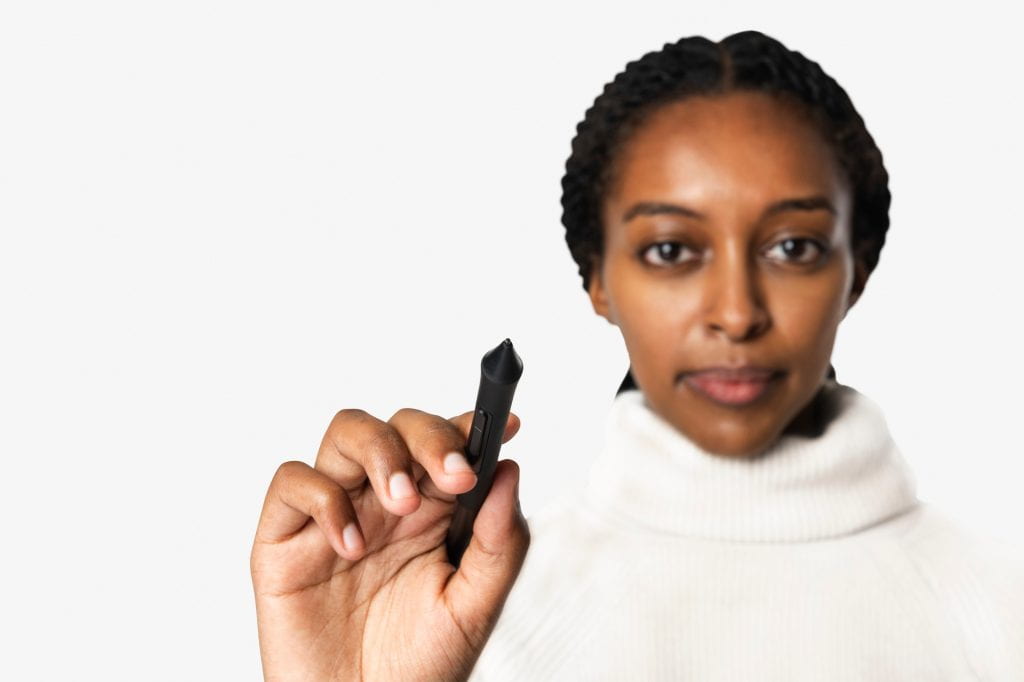I introduced no-code/low-code platforms previously in the I want to develop an app, but… post. At that time, I stated “low code is considered a pathway to empowerment for individuals underrepresented in the digital sector.“
Today, thanks to a partnership with Texas State University’s TRIO program, I am proud to share, we are now taking concrete steps to make the above statement a reality. The majority of efforts to increase representation of women and Black, Indigenous, and people of color (BIPOC) in the digital sector has focused on creating programs that introduce people to coding. These coding programs are highly popular, have targeted numerous populations, and have been proven to be effective. However, the idea of coding can also represent, for some, an insurmountable barrier. This is because individuals do not see themselves as being able to code, not having the time required to become proficient, or not seeing how this can apply to their chosen carriers. Focusing on lowering barriers to participation in the digital sector, I decided to explore the idea of creating alternative on-ramps to the digital space. This is a critical strategy for inclusion that would present targeted populations with a more attractive landscape for participation in the digital sector. The solution I focused on was to expose students to no-code/low-code tools that would allow them to envision themselves as empowered digital creators in their chosen field of work.
With the help of the TRIO program, I recruited students from the Student Support Service’s Science, Technology, Engineering, and Math program. The student population that TRIO serves is representative of the groups we would like to see actively participating in digital, women and BIPOC. Students participated in a 16-hour program during an eight-week period. Throughout the program, students took a complete product development journey that started with a stated application development problem brought to them by a fictional social media startup. The student-proposed a solution, created wireframes, designed a data solution, built a “better” version of an existing social media app, iterated development, and ended with a shared app. Overall, the students acquired over 40 new skills that are directly applicable to current workplace environments. Through these experiences, the program also addresses the University’s workplace preparedness goals.
For the app development process, students took advantage of Texas State University’s Microsoft 365 E5 subscription, which gave them access to the Microsoft Power Platform. Utilizing the Microsoft Power Platform services, the app, code named “Project Mycelium,” was developed as a cellphone centric app, using SharePoint lists as the backend database. The app includes features such as personalized greetings, searching and filtering via categories and free text, content editing and publication, dynamic sorting and grouping, and dynamic visuals. In addition, the service includes an app rating feature, a new feature suggestion component, and a bug reporting function. The latter service includes robotic process automation that sends mobile notifications to the designated development manager, automatically creates work items in the project management tool (Microsoft Planner), and sends email notifications to the team.
How do we know the program was a success? First, while numbers could tell part of the story, the more important facts are that students attended the training sessions Friday afternoons, even when the program is a not-for-credit activity. Second, students attended training the Friday before spring break. Third, even before the program ended students asked, “do we have to stop meeting with you when the class ends?” The answer to this question was a definite “no.” As a result, the No-code Garage was created. This is a time slot reserved for those interested in no-code to visit the Technology Innovation Office (Alkek 153) Friday afternoons from 2-4 p.m. This opportunity is for anyone interested in no-code to come, build, connect and learn from each other. No previous experience necessary. I look forward to seeing you at the garage.
Dr. Carlos Solís is Associate Vice President of the Technology Innovation Office.


